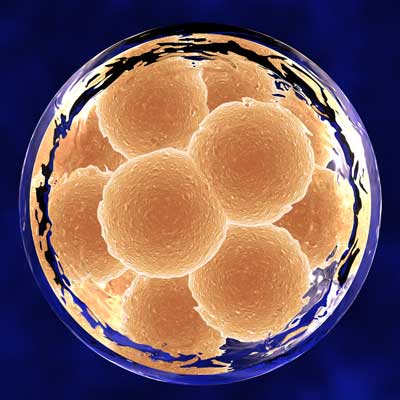 FDA approves first drug to treat agitation associated with dementia due to Alzheimer’s
FDA approves first drug to treat agitation associated with dementia due to Alzheimer’s
The U.S. Food and Drug Administration (FDA) on Thursday announced the supplemental approval of Rexulti (brexpiprazole) oral tablets for the treatment of agitation associated with dementia due to Alzheimer’s disease. Read More
 CRISPR edited rat embryos reveal cause of rare pediatric neurodegenerative disease
CRISPR edited rat embryos reveal cause of rare pediatric neurodegenerative disease
Using CRISPR gene editing technology on rat embryos, University of Wisconsin-Madison researchers have revealed the mutation that is responsible for progressive gait abnormalities and other symptoms in human infants and young children with a rare neurodegenerative disease. Read More
 Lupus pill moves to clinical trial in humans after success in mice
Lupus pill moves to clinical trial in humans after success in mice
Scientists at this week’s fall meeting of the American Chemical Society report they have begun phase II clinical trials of an oral pill containing a compound that in mice, not only prevented lupus-like symptoms, but also reversed signs of organ damage caused by the disease and prevented death. Read More
Conferences
Science Briefs
Member Rewards
Earn points for contributing to market research. Redeem your points for merchandise, travel, or even to help your favorite charity.
Research Topics
Interact with an engaged, global community of your peers who come together to discuss their work and opportunities.
Connect
Tweets by @ScienceBoard






